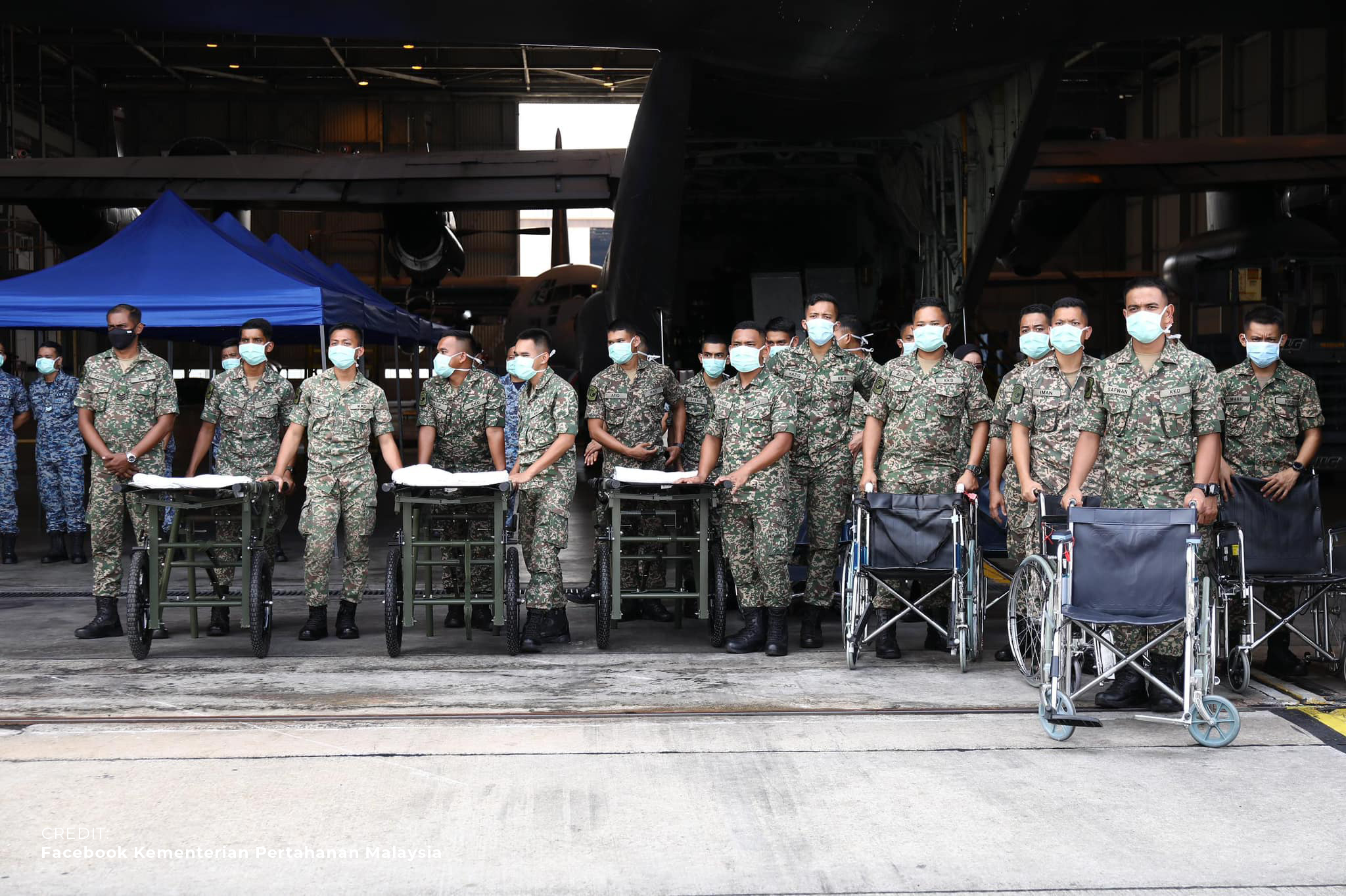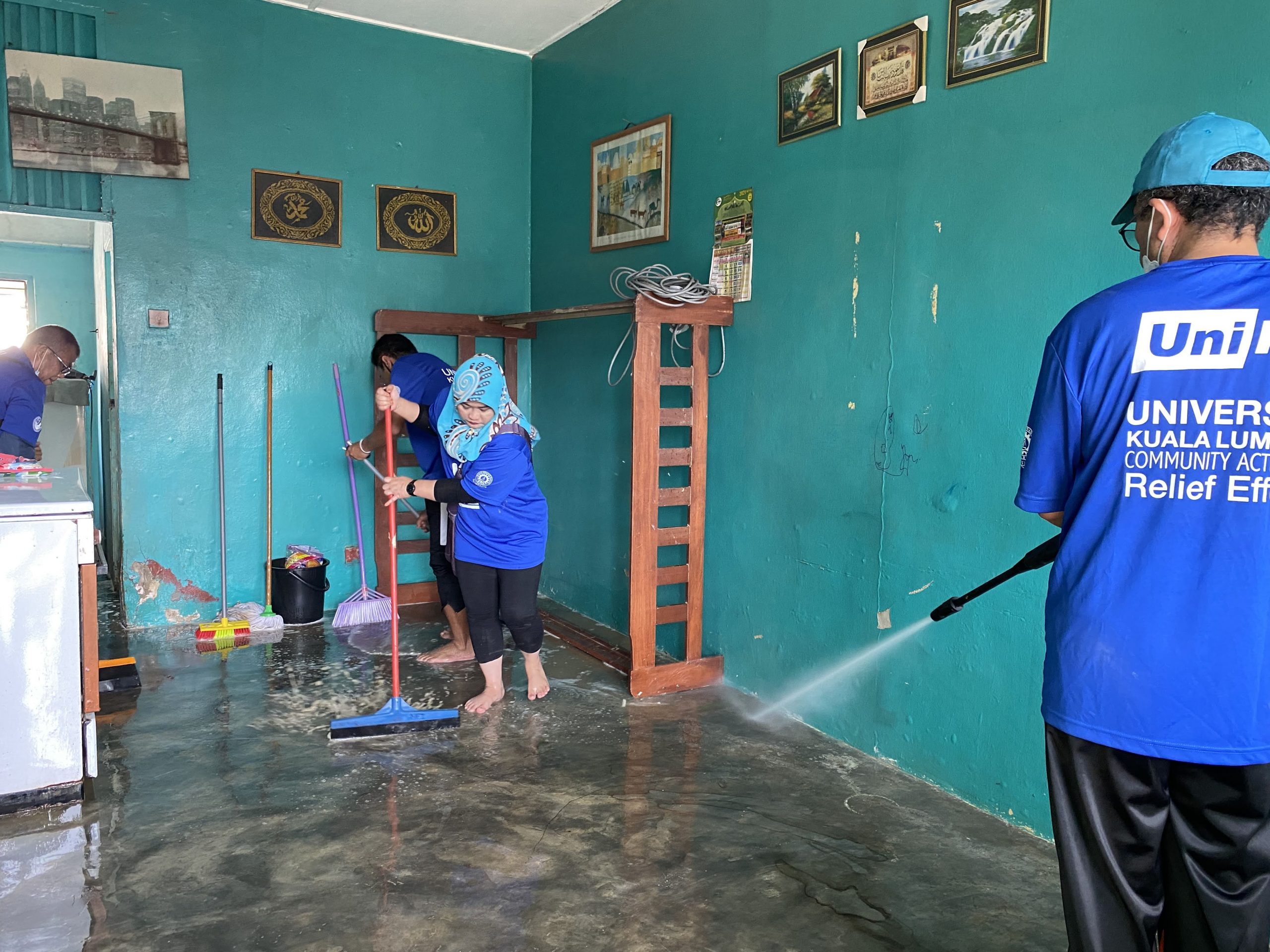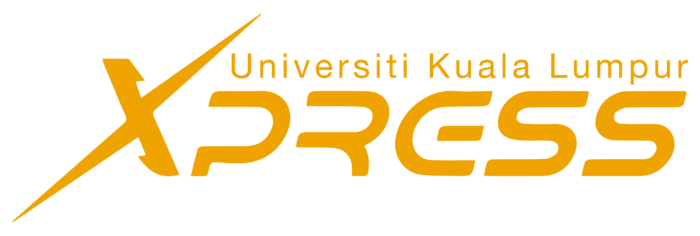Several disasters plague the world, but one recent incident in India shook us all.
Moumita Debnath, a young doctor in training, was brutally raped and murdered while on duty.
How is it that someone devoted to saving lives could not be saved herself?
This horrifying reality sent global shockwaves, especially within the health community. It raised painful questions about our collective humanity.
In conflict zones like Gaza, doctors, nurses, and volunteers risk their lives every day. They bring aid and comfort to those in desperate need.
Yet, these selfless individuals often become targets themselves. As we confront these triggering truths, we must ask ourselves: Are we becoming less human?
Traditionally, World Humanitarian Day, which falls on 19 August, honours the selflessness of humanitarian workers. However, it also compels us to reflect on the humanity within each of us.
This year’s theme, “Act For Humanity,” calls on us to incorporate compassion, kindness, and empathy into our daily lives.

Humanity is not only about ensuring that basic needs are met, but it is also about safeguarding the future of the next generation. Their education is crucial—it is the fire that will light their path to a better future.
Recent UNESCO data reveals a grim reality: the number of out-of-school children worldwide has increased by 6 million since 2021, now totalling 250 million.
This alarming trend underscores the urgent need for countries to take action and reverse the stagnation in global education progress.
Education is more than just knowledge; it is the key to changing behaviour, reducing poverty, and empowering the world.
At Universiti Kuala Lumpur (UniKL), the belief in the power of collective humanity is at the core of our educational mission.
Through the compulsory Community Service subject, UniKL instils in its students the understanding that every act of service, no matter how small, has the potential to make a significant impact.
This course is not just a graduation requirement; it is an opportunity for students to experience firsthand the difference they can make in the lives of others.
For instance, UniKL students have participated in activities such as Qurban and food distribution in Palu, Indonesia, and Pattani, Thailand.

They have conducted basic literacy classes for those in need and assisted in clean-up operations in flood-affected areas of Terengganu, Kedah, and Klang Valley.
The university also launched the UniKL CARE Fund, enabling staff to contribute to those impacted by calamities.
Inspired by the words of UniKL’s President and CEO, Prof. Dr. Ir. Azman Senin, “Let’s stop the attacks on civilians, including women, children, aid workers, and those seeking protection in hospitals or prayer zones. Let’s put our best effort into creating a world where everyone lives harmoniously and practices their faith.”
As we reflect on the tragedies that have befallen those who dedicate their lives to humanitarian work, we are reminded that the call to help others resonates within each of us.
UniKL is proud to contribute to a legacy of compassion and service in a world where conflict and crises often overshadow acts of kindness.
Through education, experience, and a shared belief in our collective responsibility to one another, we are helping to shape a future where the spirit of humanitarianism lives in the hearts of all.
















